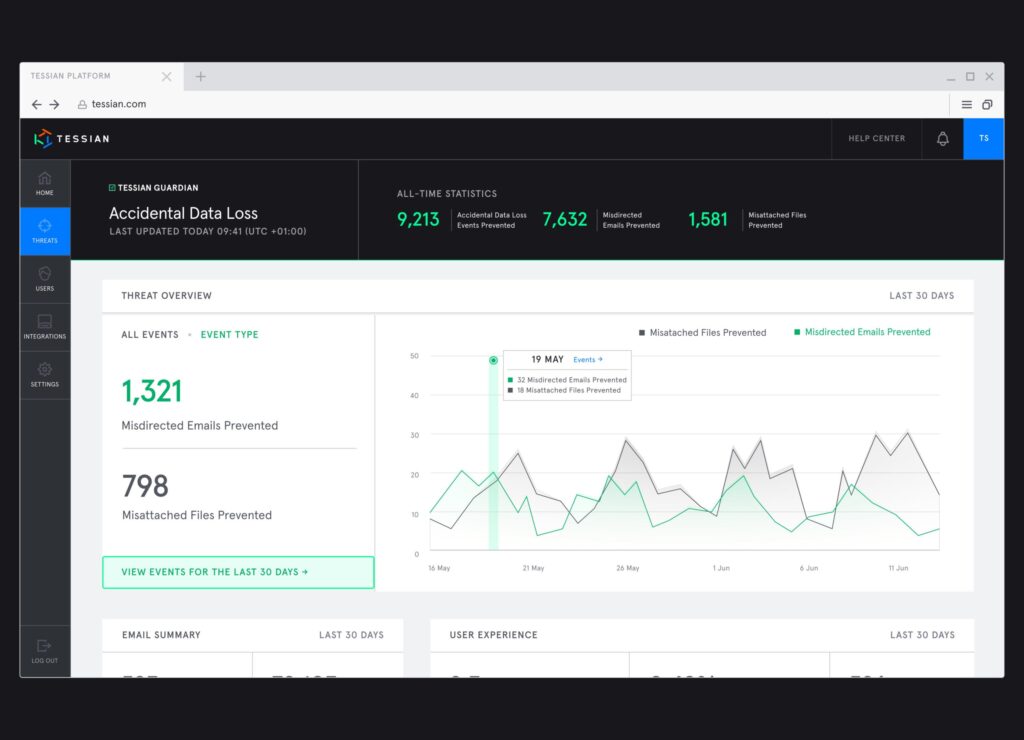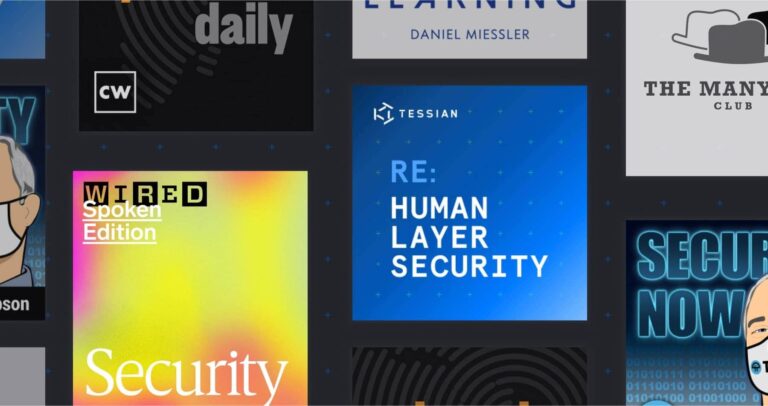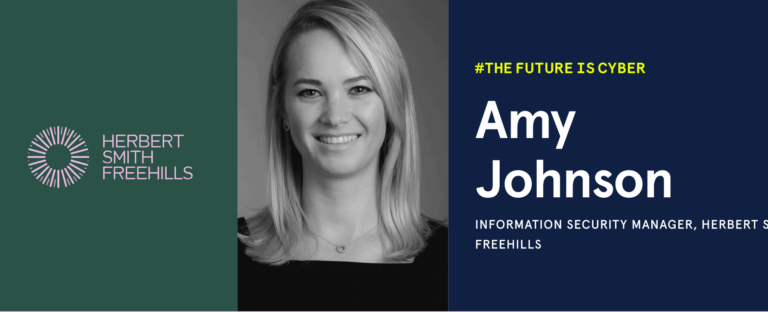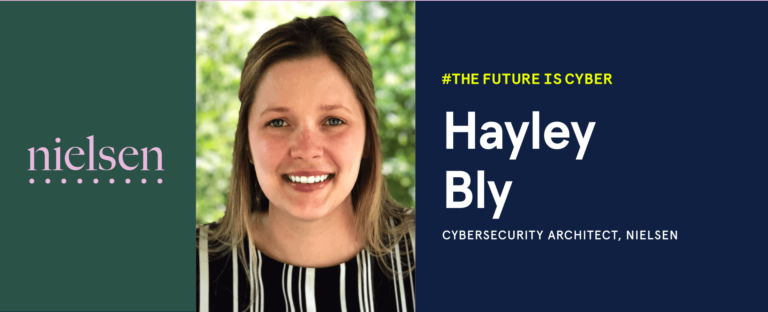Sara Zahid is the Assistant Vice President at Jefferies, a global investment banking firm headquartered in New York City. After earning her Bachelor’s Degree in Business Administration with a focus on Finance from the University of Toronto, she started an internship at Scotiabank. Over the course of 5 years, she was promoted several times to eventually become a Lead Business Analyst.
After that, she transitioned to a more IT-focused role and gained product management experience at Clarus Commerce. In her current role at Jeffries, she’s combined her business acumen with IT project management to safeguard the company’s Information Security.
“Not only have I taught myself about the industry and progressed by doing so, I’ve progressed in an industry where not many women currently exist. That’s something to be proud of, not burdened by. ”
Sara Zahid
Assistant Vice President, Jefferies
Q. Describe your role as an Assistant Vice President in 300 characters or less
I am responsible for requirements gathering, simplifying requirements, testing, organizing sprints, managing the sprint cycles, delivering requirements, communicating with stakeholders and management, and other business analysis and project management activities across Jeffries’ Global Information and Technology umbrella.
As a manager, one of my key responsibilities is to make sure the team stays organized.
Q. Have you always been interested in cybersecurity?
When I was younger, I always got feedback that I was creative, so I initially pursued marketing. But, as soon as I started as an undergrad, I realized that I was missing an important piece, which was practical, hands-on work. I actually got an offer for a marketing job straight after college and didn’t take it because it just didn’t seem interesting enough. It didn’t seem like a challenge. That’s what drove me to consider finance, then IT, and now cybersecurity.
I love to critical-think, I love to strategize, I’m great at problem-solving. It’s been a great fit.
Q. What did your path into this industry look like, then?
A recruiter actually reached out to me based on my experience in product management and business analysis. At that point, I had zero exposure to cybersecurity. I didn’t know what it looked like. But, during the interview, I was told that if you have a background in IT, you’ll be able to pick-up cybersecurity. It’s not rocket science.
That was hugely comforting to me and enabled me to look at the job description with a much more open mind.
They were looking for an experienced project manager who was willing to learn. I ticked both those boxes. The journey from that day until today has been exactly that: all about learning.
Q. Was it challenging to transition from business analysis to a highly technical role?
I’d say my knowledge base is currently 50% technical and 50% business analysis. But that’s part of the appeal for me. It’s something I have to work at, especially because IT and cybersecurity change so drastically, so quickly.
That means that I have to learn something new every single day and I’m not afraid to admit that. I don’t think that’s a weakness, I think that’s a strength. I know 50% more about cybersecurity than I did a year ago and that number is only going to continue to grow. And I’m not afraid to ask questions! I’m not afraid to say that I don’t know.
Asking is the only way that you get an opportunity to get involved and expand on what you already know.
Q. Has your work in cybersecurity so far been what you expected it to be?
I didn’t fully grasp how many problems the industry solves until I got into cybersecurity myself. Even with a background in IT and business, I didn’t know. You think about logging into your computer every morning at work. We all do that. I never even considered how a functionality like that is safeguarded until I started in cyber. Most people don’t spend time thinking about how many characters their password has or whether or not two-factor authentication is enabled, the work behind the scenes is normally done for us. I’m now the one behind the scenes doing that work.
And it’s incredibly important work! Not just for the individual, not just for the company, but for any and all external parties involved in that company as well.
Q. Did you face any challenges related to the disproportionately low percentage of women in the industry?
It’s very clear that there are fewer women in this field than there are men, but I don’t feel – or haven’t been made to feel – like I’m less than because of that. If anything, I’ve gotten more respect from male colleagues because of it. It’s actually in many ways empowered me and boosted my confidence. Not only have I taught myself about the industry and progressed by doing so, I’ve progressed in an industry where not many women currently exist. That’s something to be proud of, not burdened by. I also have to give credit to my colleagues and managers and people in leadership; the culture at Jeffries enables me to do my best work.
The problem isn’t solved just by acknowledging that there’s a problem. It’ll take time. But, this is such an important industry and we’re solving real problems with a real impact. It’ll continue to evolve, expand, and attract more people.
This profile is a part of the larger Opportunity in Cybersecurity Report 2020. Click here to download the report and click here to read more profiles of women in cybersecurity, including professionals from IBM, Funding Circle, KPMG and more.
#TheFutureIsCyber












